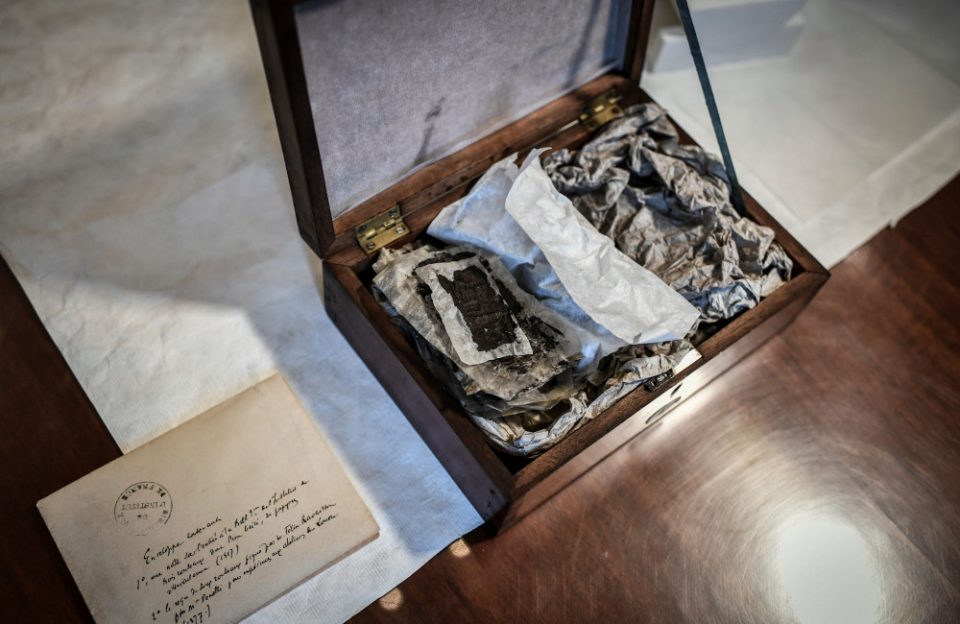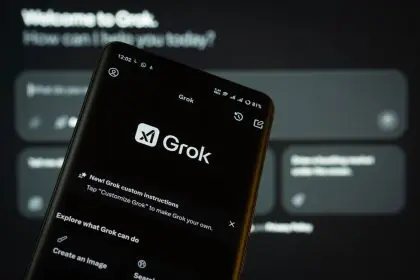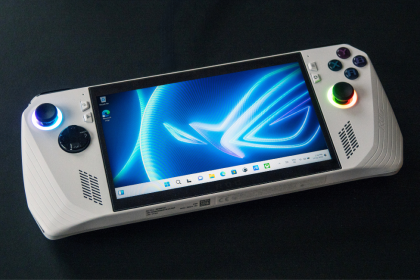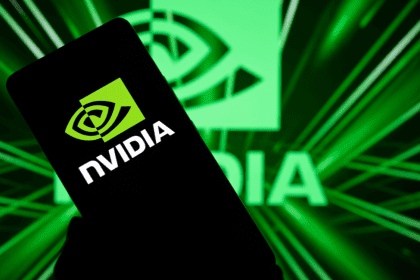
AI has helped read a 2000-year old scroll that was completely covered in volcanic ash.
The scroll was from the ancient Roman city of Herculaneum, and the artificial intelligence algorithm was able to find the papyrus contained Greek letters.
In 79AD, Mount Vesuvius erupted, in one of the most violent eruptions in human history. Spewing out lava, searingly hot rocks and ash, the Roman city of Herculaneum was engulfed, killing its population and tainting every object the ash came in contact with.
Before, reading these scrolls was impossible, but that may be a thing of the past.
A 21-year-old computer scientist, Luke Farritor, built the technology that detected the letters, with the first word that it successfully translated being “purple.”
Due to his monumental achievement, Farritor was awarded $40,000 for translating over ten characters on the scroll. On top of that, the tech-wiz now has a good chance of winning the $700,000 Vesuvius Challenge grand prize for successfully reading four or more passages from a rolled-up scroll, thanks to his handy AI.
The idea of using an algorithm to assist in reading ancient scrolls goes back to the work of Stephen Parson to detect ink from CT scans using the technology in 2019. Because of that, this inspired Nat Friedman and Daniel Gross to invite people to utilize machine learning to read these scrolls.
As well as Farritor, Youssef Nader was able to find a word on the scroll, and so was awarded $10K.
The organizers hope to combine the work of all contestants to have a fully-readable Roman scroll from the doomed city, which could unlock secrets of history that were previously thought lost to time.
















